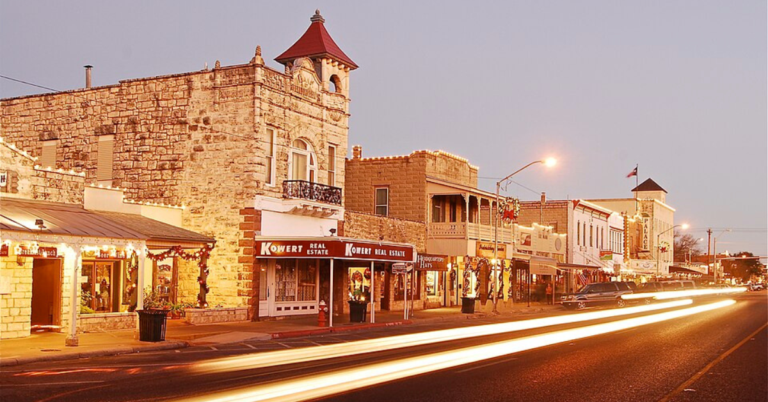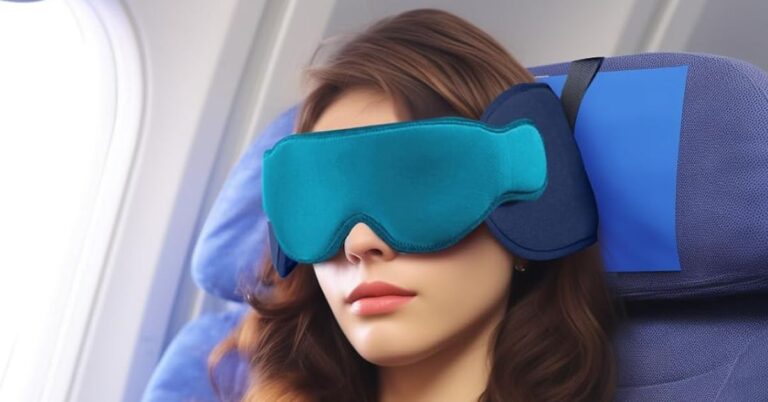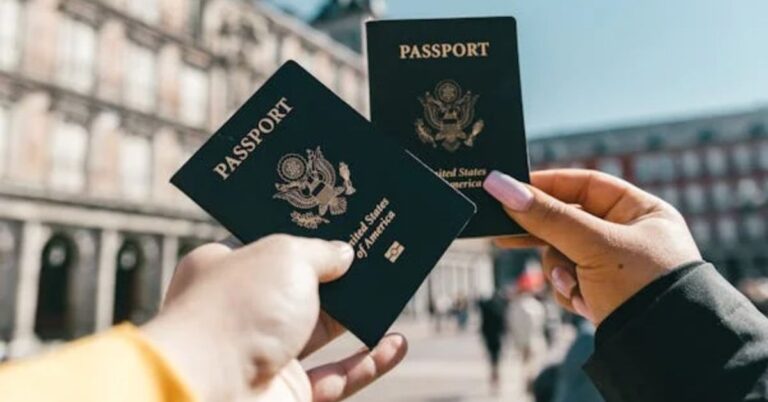15 TSA Red Flags Frequent Flyers Should Leave Behind
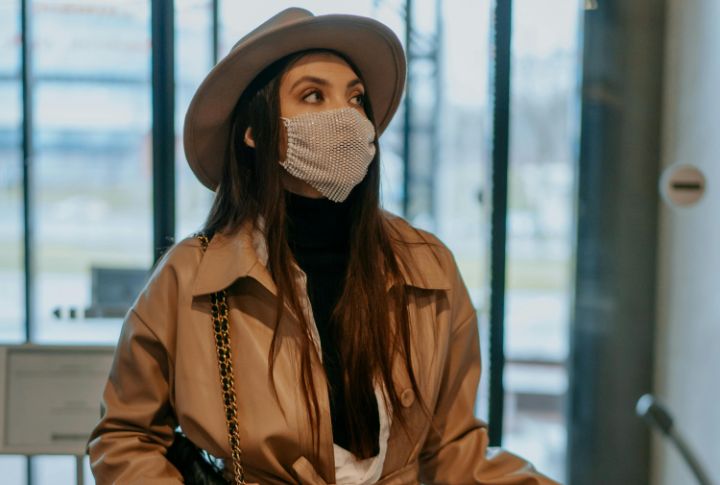
TSA officers notice more than your boarding pass—they watch how you move, speak, and pack. Even seasoned travelers can raise flags through small habits. What seems normal to you might read differently to trained eyes. To help you stay off their radar, here are 15 TSA red flags frequent flyers should leave behind.
Avoiding Eye Contact Or Staring Intensely
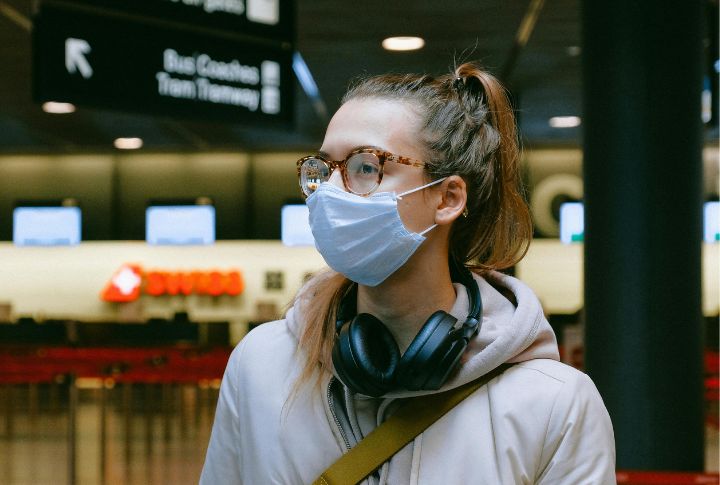
A quick glance can say a lot, and dodging someone’s gaze altogether signals unease. Officers notice subtle facial cues that hint at discomfort or dishonesty. Ease into casual, relaxed visual engagement because suspicion often starts with something as basic as how you look.
Exaggerated Yawning Or Fidgeting
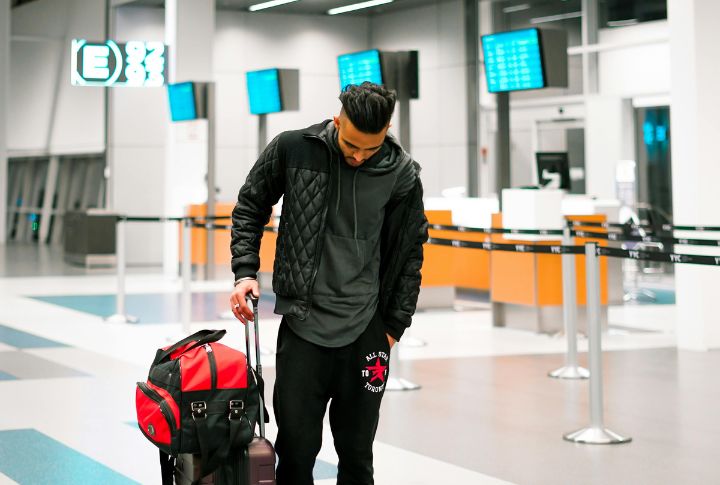
A wave of yawns before boarding often signals more than fatigue, as it shows anxiety in disguise. Add in bouncing knees or restless hands, and it draws extra attention. These subtle signs, while innocent, may seem suspicious to screeners. Staying composed instead sends a quiet message of confidence and ease.
Wearing Inappropriate Attire For The Destination
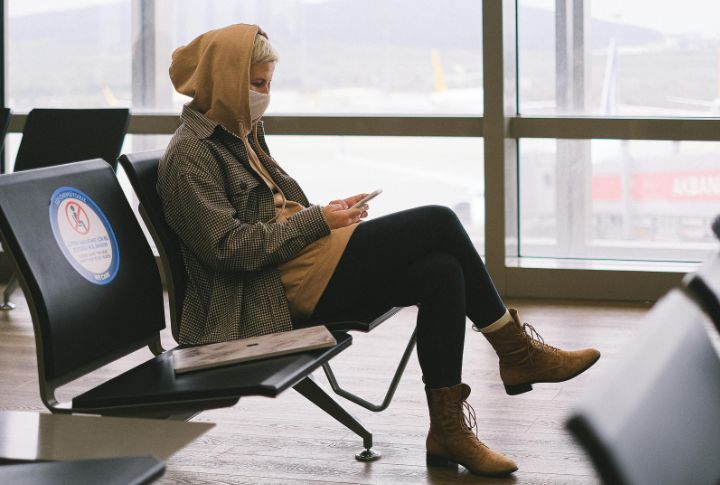
Mismatched clothing raises protocol flags. When what you’re wearing doesn’t match the location or your travel plans, it throws people off. It might seem harmless, but screeners notice that kind of thing. Dress to match regional conditions and flight purpose, or expect puzzled glances and possible questioning.
Using A Mobile Device Excessively In Line
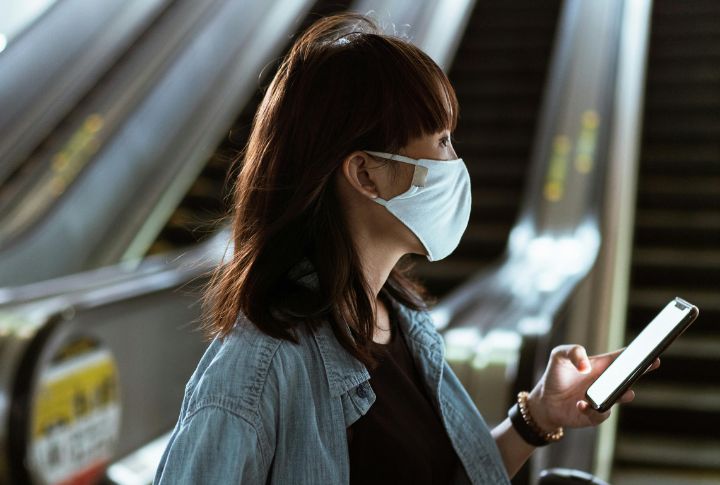
Imagine gliding toward inspection while glued to a screen and then bumping into the conveyor. If you’re glued to your phone or juggling a bunch of gadgets, it can come off like you’re trying to avoid something. People notice when you’re totally checked out from what’s going on around you. So, maintain awareness until past the checkpoint.
Displaying Aggressive Or Overly Friendly Behavior

“Ma’am, we need cooperation, not compliments.” Yeah, trying too hard to be charming—or swinging the other way and getting snappy—usually backfires. People pick up on that kind of energy, especially in quick, tense situations. Honestly, just staying chill and polite works best. No drama and no fuss—you’ll breeze through way easier that way.
Carrying Prohibited Items In Carry-On Bags
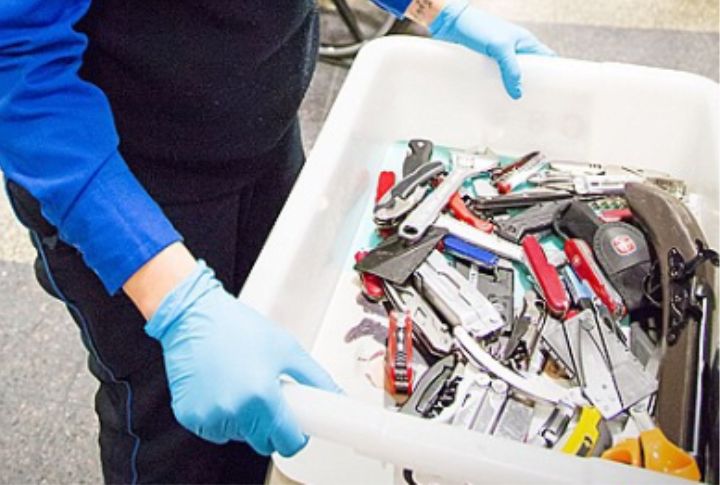
Forbidden items like firearms, blades, and flammables can bring airport security to a halt. Always check the TSA’s list before packing. Even one overlooked item could trigger a full inspection, delaying your trip and possibly leaving you without essential belongings.
Packing Liquids Exceeding The 3.4-Ounce Limit
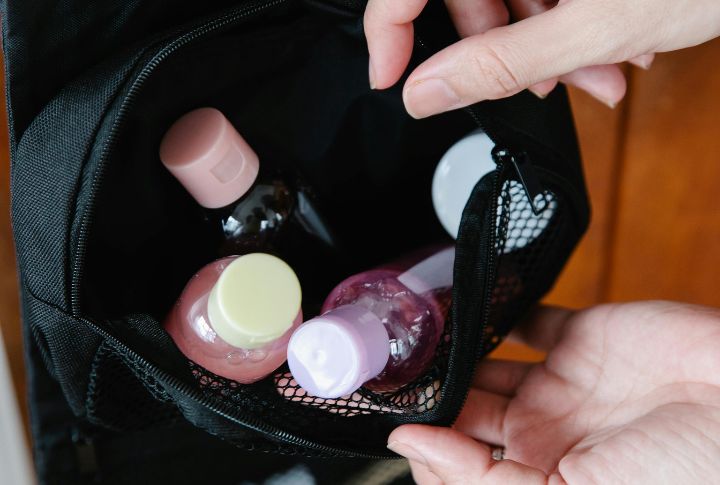
That oversized body wash won’t survive inspection. The 3-1-1 rule has existed since 2006, yet oversized containers still show up daily. Toiletries must stay within the limit and fit in a quart-sized transparent pouch. It’s safer to downsize than risk getting pulled aside during inspection.
Inconsistent Travel Documentation
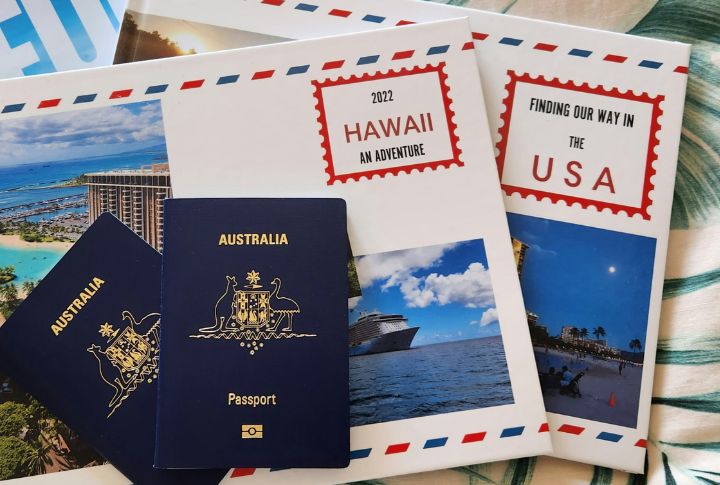
“Hmm, your ID doesn’t match this ticket.” That’s a phrase no flyer wants to hear. Minor discrepancies—middle names missing, shortened first names—can stall progress. Documentation must align perfectly across the board. Double-check details when reserving flights to prevent document drama.
Carrying Unlabeled Or Suspicious Powders

Pulling a mystery pouch of protein from your backpack may not go over smoothly. Substances over 12 ounces—especially unlabeled—undergo closer review and ensure there’s transparency as it matters. Keep items in their original packaging to avoid triggering unnecessary inspection.
Purchasing One-Way Tickets With Cash
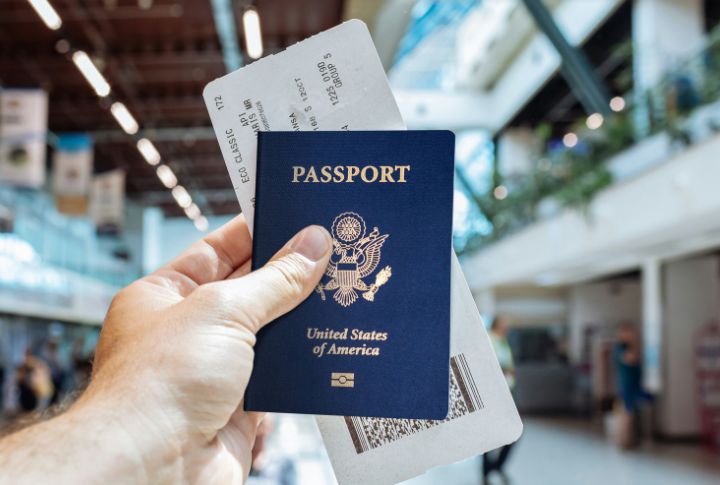
A solo, cash-only itinerary gets more than a second look. The fare paid without digital traceability often mirrors lawbreaker methods. Buying one-leg journeys with physical currency is common among smugglers. Opt for return bookings and traceable payments as they show regularity.
Booking Last-Minute International Flights
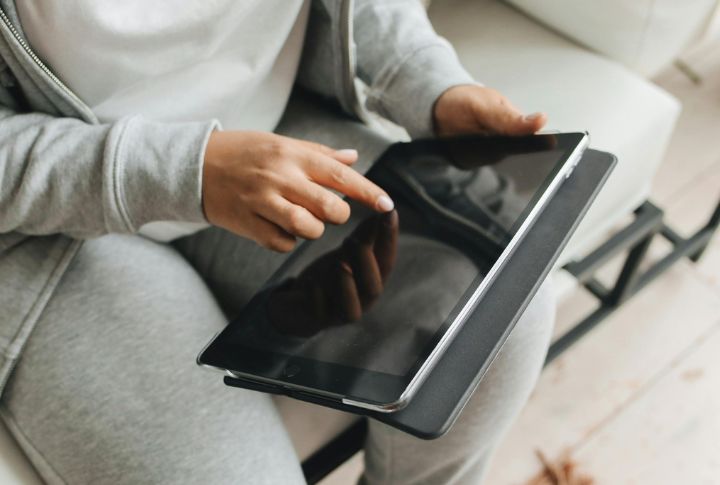
Sudden overseas departures spark suspicion quickly. Planning global escapes a few hours ahead reads like evasion. These habits often parallel trafficking profiles. While spontaneity is fun in theory, structured travel plans feel a lot more routine to the people watching.
Overpacking Your Carry-On Bag
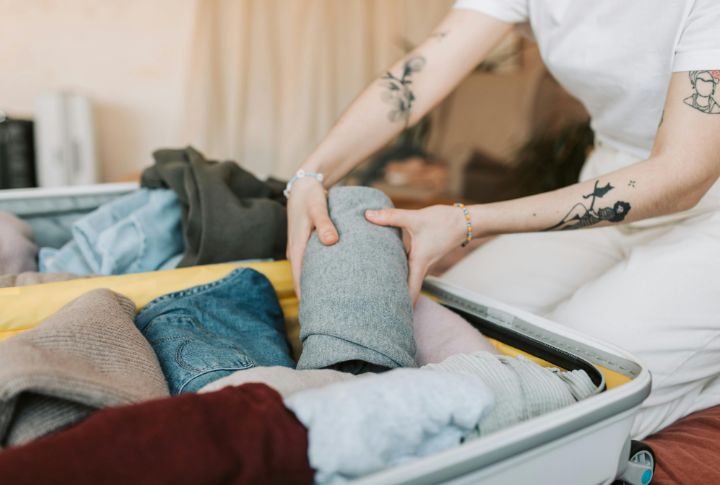
Stuffing your carry-on to the brim can cause delays and draw unnecessary attention. TSA officers have seen it all, and overpacked bags can look suspicious. Keep your bag organized and efficient—only bring what’s needed for a smoother, quicker experience at security.
Criticizing TSA Procedures Or Personnel
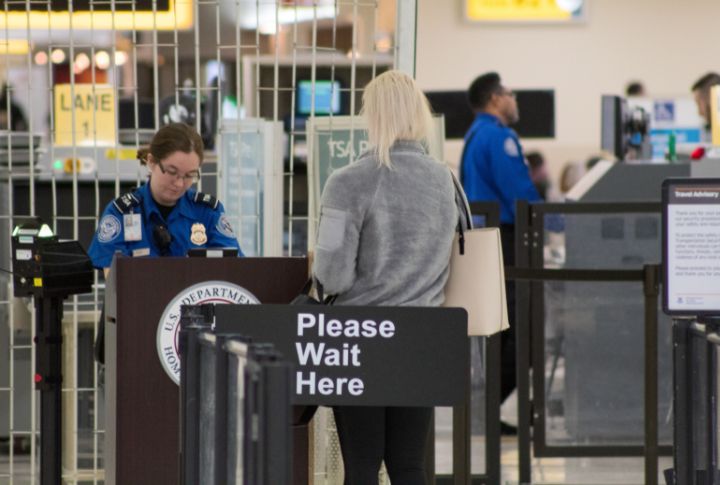
Arguing about security checks won’t change much because it’s a federal policy. Snarky comments or loud complaints do more harm than good and mess up your trip. So, make sure you keep it respectful. The security line really isn’t the spot to vent. Save it for later and just get through smoothly.
Carrying Excessive Cash

Large amounts of cash can raise suspicion at airport security, especially if the bills seem unusual for your travel purpose. To avoid drawing unnecessary attention, it’s best to rely on cards or digital payments instead of carrying stacks of physical money.
Attempting To Bypass Security Measures
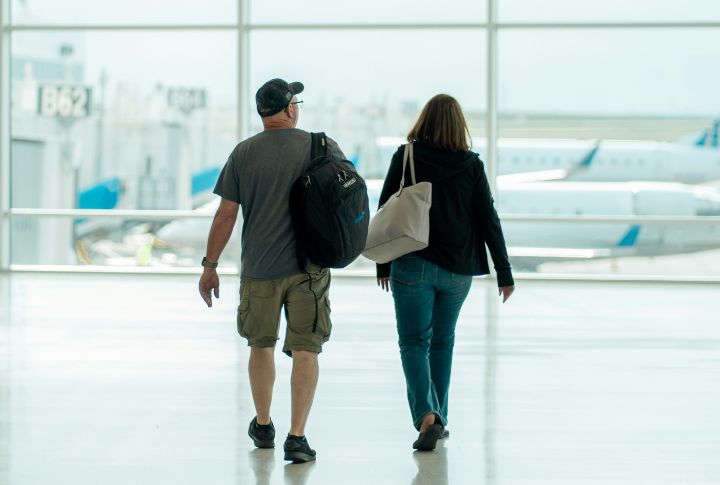
Trying to skip steps, like keeping your shoes on or ignoring the bin instructions, just doesn’t play well. It might seem harmless, but it can come off like you’re hiding something. Officers notice that kind of thing. Sticking to the process shows you’re paying attention and willing to cooperate. Honestly, it helps everyone get through quickly.

